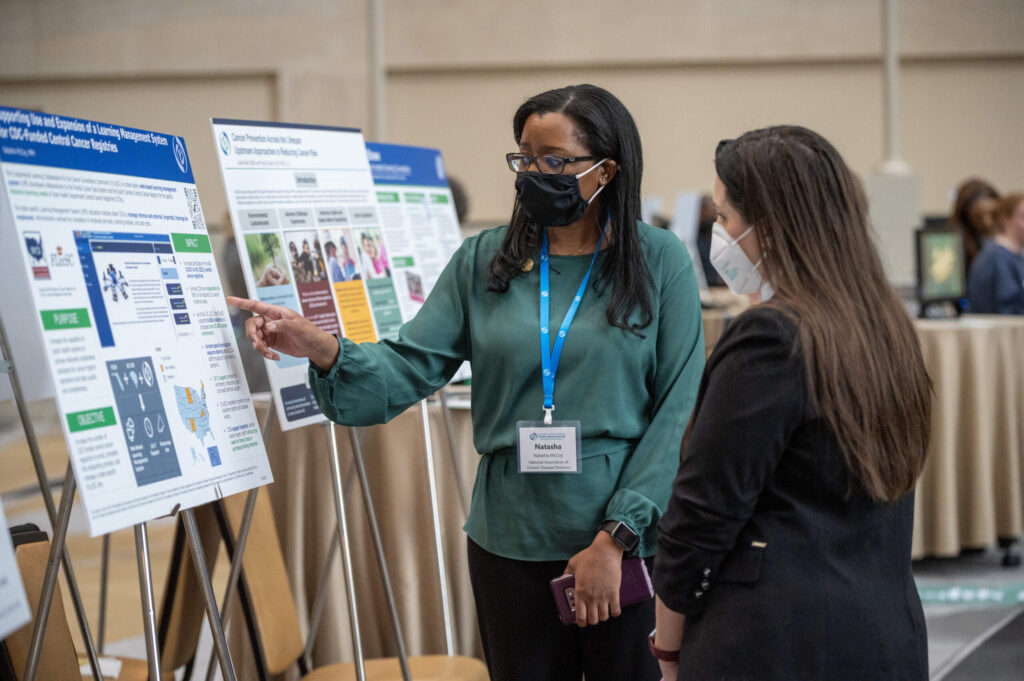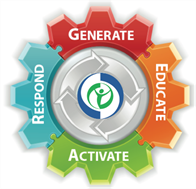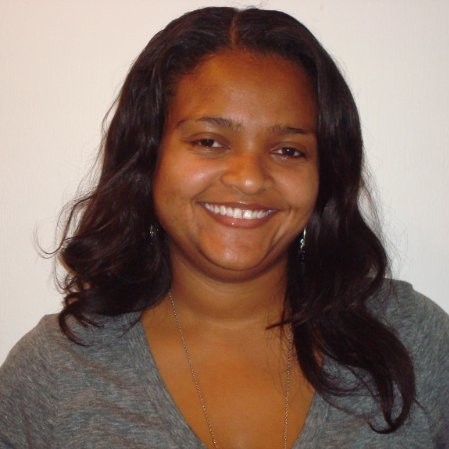Facilitators: Sana Hashim & Kristin Nelson-Garcia
As younger Millennials and Gen Z enter and take on progressive responsibility in the fields of public health and chronic disease, the way these workforce cohorts approach work, leadership, authority, change, equity, and decision-making can appear different from past generations and can present opportunities for reflection and growth. This GEAR group is for both emerging leaders as well as those who support, mentor, or manage them. Individual emerging leaders, individual mentors/managers, and collaborating pairs of an emerging leader and their mentor/manager are all welcome to apply to participate in this group. Cases will focus on professional development goals and pathways for emerging leadership. NOTE: GEAR Groups are case-based opportunities for state employee members of NACDD and applicants must provide a case overview for application to be considered complete.
a. Week 1: Emerging Leaders and Mentors/Managers will participate together in the introductory orientation session
b. Weeks 2 & 3: The group will split up and meet in two separate cohorts to hear and respond to cases from peers (Group 1: Emerging Leaders; Group 2: Mentors/Managers)
c. Week 4: The full group will meet together once again to share takeaways and apply cross-group learnings
4. Exploring Upstream Strategies to Advance Rural Health (June 4, 11, 18, 25, 2024)
Facilitator: Kristin Nelson-Garcia
The 46 million U.S. residents living in rural areas in 2020 made up 14 percent of the U.S. population. When it comes to preventing and mitigating the impacts of chronic disease, areas with low population density have considerations and opportunities that are distinct from more densely populated, urban areas. Factors that impact health, like poverty or the COVID-19 pandemic, are experienced differently in a rural context. Residents who live in smaller and more isolated rural settings often face greater difficulties accessing healthcare or preventive health services. From an equity perspective, the makeup of rural populations of color is shaped by highly regionalized variations in the concentration of Black, Latinx, Indigenous, and other groups of people across the nation. The cases that participants bring to this GEAR Group will focus on ongoing or planned work to address unique chronic disease considerations in the rural context.
NOTE: GEAR Groups are case-based opportunities for state employee members of NACDD and applicants must provide a case overview for application to be considered complete.



 GEAR Groups use a virtual “All Teach / All Learn” approach to professional development. Using Zoom, GEAR Groups engage up to 10 states with a facilitator and strategist to explore emerging or long-standing chronic disease prevention and control topics. GEAR Groups meet four times: once a week for 90 minutes each. Meetings are facilitated conversations among participants requiring preparation and active participation. The sessions are educational webinars that are not recorded.
GEAR Groups use a virtual “All Teach / All Learn” approach to professional development. Using Zoom, GEAR Groups engage up to 10 states with a facilitator and strategist to explore emerging or long-standing chronic disease prevention and control topics. GEAR Groups meet four times: once a week for 90 minutes each. Meetings are facilitated conversations among participants requiring preparation and active participation. The sessions are educational webinars that are not recorded.